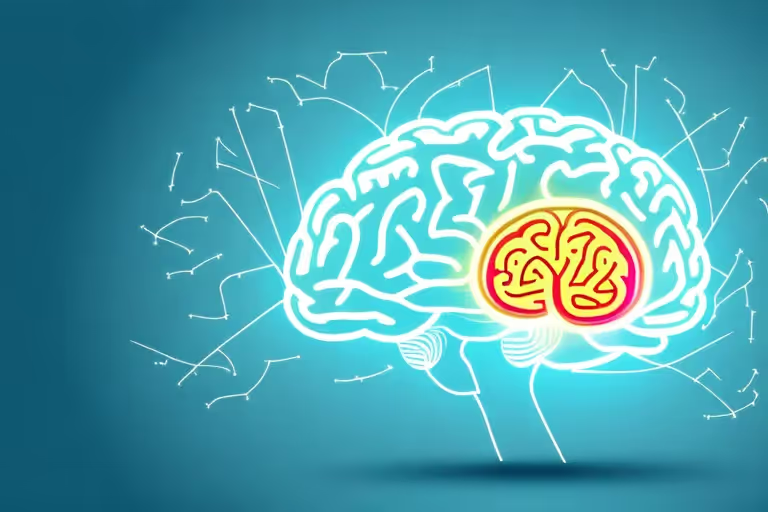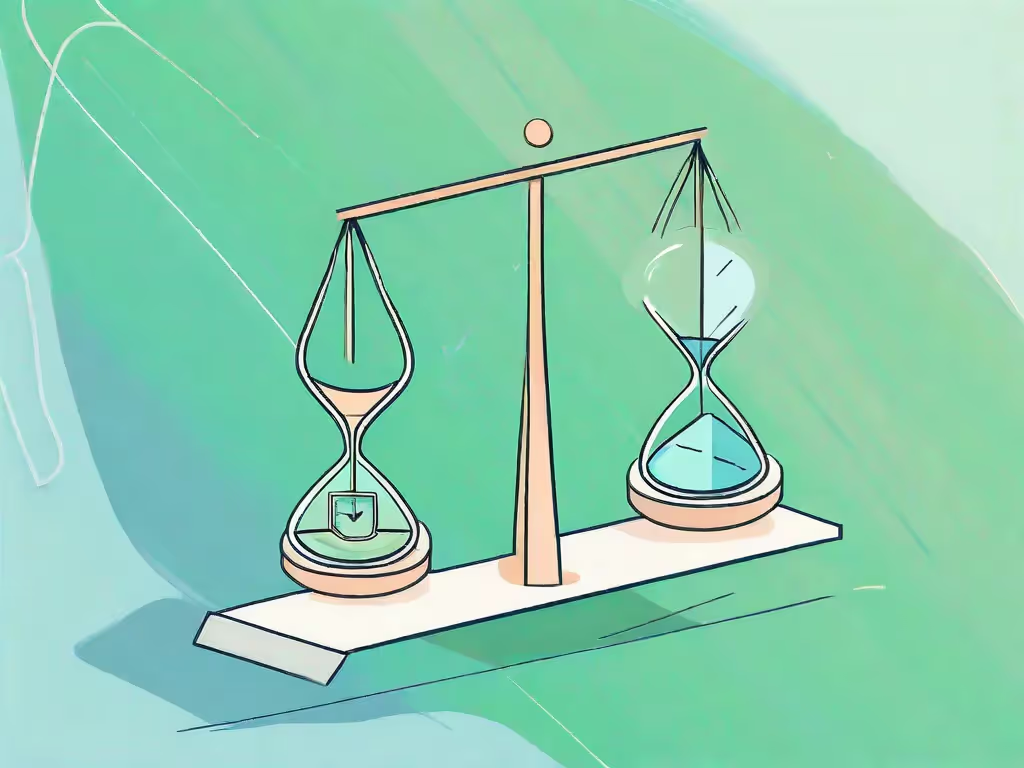Do you often find yourself tossing and turning in bed, unable to fall asleep? Does your mind tend to wander, making it hard for you to unwind after a long day? If so, you're not alone. Many people struggle with sleep issues and are desperate for a solution. Luckily, there is a tried and tested method that can help you achieve a restful night's sleep - sleep meditations. In this article, we'll explore the world of sleep meditations and discover the best techniques to help you get the sleep you deserve. So, grab your favorite blanket, get comfortable, and let's dive in!
First, The Importance of Good Sleep
Before we delve into the realm of sleep meditations, it's crucial to understand why a good night's sleep is so important. Sleep is not just a time for your body to rest; it's a time for your mind to recharge and rejuvenate. When you don't get enough quality sleep, it can greatly affect your mood, productivity, and overall well-being. So, making sleep a priority is essential for leading a happy and healthy life.
But what exactly happens when we sleep? It's fascinating to explore the science behind sleep and its impact on our well-being.
The Science Behind Sleep and Well-being
Scientific research has shown that sleep plays a vital role in our overall well-being. During sleep, our bodies repair damaged tissues, consolidate memories, and regulate our hormones. It's during this time that our brains process information and create new neural connections, which are essential for learning and memory retention.
Imagine your brain as a busy city during the day, with countless thoughts and experiences bustling around. When you sleep, it's like the city becomes quiet, allowing the streets to be cleaned, repairs to be made, and new connections to be built. This rejuvenation process ensures that you wake up with a fresh perspective and a sharper mind.
Moreover, sleep is not a one-size-fits-all experience. It consists of different stages, each with its own unique purpose. Rapid Eye Movement (REM) sleep, for example, is when we experience vivid dreams and our brains are highly active. Non-REM sleep, on the other hand, is characterized by slower brain waves and plays a crucial role in physical restoration and growth.
So, the next time you fall asleep, remember that your brain is hard at work, preparing you for the challenges and opportunities that lie ahead.
How Lack of Sleep Affects Your Health
On the flip side, not getting enough sleep can have detrimental effects on your health. Sleep deprivation has been linked to a wide range of health issues, including obesity, diabetes, heart disease, and even mental health disorders such as depression and anxiety. It can also weaken your immune system, making you more susceptible to illnesses.
When you consistently lack sleep, it's like depriving your body of its much-needed maintenance time. Imagine a car that never gets its oil changed or a house that never gets repaired. Eventually, things start to break down and dysfunction sets in. Similarly, when you don't prioritize sleep, your body and mind suffer the consequences.
Furthermore, a lack of sleep can have a significant impact on your cognitive abilities. It impairs your attention, concentration, and decision-making skills, making it harder to perform well at work or school. It can also lead to memory problems, as your brain struggles to consolidate and retain information.
So, it's clear that prioritizing sleep is crucial for maintaining good overall health. It's not just about feeling refreshed in the morning; it's about giving your body and mind the care they need to thrive.
The Basics of Sleep Meditation
Now that we understand the importance of sleep, let's explore the world of sleep meditation. What exactly is sleep meditation, you ask? Well, it's a form of meditation specifically designed to help you relax and fall asleep. By focusing your attention on various techniques and guided visuals, sleep meditation can help quiet your mind, release tension from your body, and create a serene atmosphere conducive to sleep.
When it comes to sleep meditation, there are different approaches you can take. Some people prefer to listen to soothing music or nature sounds, while others find guided meditations more helpful. Guided meditations typically involve a narrator who leads you through a series of relaxation exercises and visualizations, helping you unwind and prepare for sleep.
What is Sleep Meditation?
Sleep meditation involves directing your attention to specific thoughts, sounds, or imagery to create a calm and peaceful state of mind. It's all about shifting from the active, thinking state to a more relaxed and meditative state. By doing so, you can release the stresses and worries of the day, allowing your mind and body to reach a state of tranquility.
One popular technique used in sleep meditation is progressive muscle relaxation. This involves tensing and then releasing each muscle group in your body, starting from your toes and working your way up to your head. This technique helps release physical tension and promotes a deep sense of relaxation.
Another technique commonly used in sleep meditation is visualization. This involves creating vivid mental images of peaceful and calming scenes, such as a beach at sunset or a serene forest. By immersing yourself in these visualizations, you can transport your mind to a tranquil place, helping you let go of any racing thoughts or worries.
The Benefits of Sleep Meditation
There are numerous benefits to incorporating sleep meditation into your bedtime routine. Not only does it help you fall asleep faster, but it also improves the quality of your sleep. Sleep meditation can reduce anxiety, lower stress levels, and promote a sense of well-being. It's like giving yourself a mini-vacation each night, allowing you to wake up feeling refreshed and rejuvenated.
In addition to its sleep-enhancing effects, sleep meditation can also have positive impacts on your overall mental and physical health. Regular practice of sleep meditation has been linked to reduced blood pressure, improved immune function, and enhanced cognitive abilities. It can also help improve mood and increase feelings of happiness and contentment.
Furthermore, sleep meditation can be a valuable tool for managing chronic pain. By focusing your attention on relaxation and letting go of tension, you can alleviate some of the discomfort associated with conditions like arthritis or fibromyalgia. Sleep meditation can also help reduce the reliance on pain medications, allowing for a more natural and holistic approach to pain management.
So, whether you're struggling with falling asleep, dealing with stress, or simply looking to enhance your overall well-being, sleep meditation is definitely worth a try. With its wide range of benefits and the variety of techniques available, there's bound to be a sleep meditation practice that suits your needs and preferences.
Top Sleep Meditation Techniques
Now that we understand the basics, let's explore some of the most effective sleep meditation techniques:
Guided Sleep Meditation
In guided sleep meditation, a soothing voice guides you through the meditation process, providing instructions and visualizations. This form of meditation is perfect for beginners or those who struggle to quiet their minds on their own.
Progressive Muscle Relaxation
This technique involves systematically tensing and releasing each muscle group in your body, starting from your toes and working your way up. It helps release physical tension and promotes a state of deep relaxation.
Visualization Meditation for Sleep
Visualization meditation involves imagining calming and peaceful scenes or scenarios. By vividly picturing yourself in a serene environment, you can create a soothing mental space that promotes sleep.
How to Incorporate Sleep Meditation into Your Nightly Routine
Now that you know the various sleep meditation techniques, it's time to incorporate them into your nightly routine. Here are a few tips to help you get started:
Creating a Conducive Environment for Sleep Meditation
Set the stage for sleep meditation by creating a peaceful and calming environment in your bedroom. Dim the lights, play soft and soothing music, and eliminate any distractions that may hinder your relaxation process.
Timing Your Sleep Meditation
Experiment with different timings to find what works best for you. Some people find it helpful to incorporate sleep meditation at the beginning of their bedtime routine, while others prefer to do it right before drifting off to sleep. Find a timing that allows you to relax fully while still giving you enough time to fall asleep naturally.
Expert Tips for Effective Sleep Meditation
Now that you're ready to embark on your sleep meditation journey, here are a few expert tips to help you make the most of your practice:
Dealing with Distractions During Meditation
It's normal for distractions to arise during sleep meditation. Instead of getting frustrated, acknowledge the distraction and gently guide your focus back to your breathing or the meditation technique you're using. Remember, the key is to be gentle with yourself and not judge your thoughts or experiences.
What to Do if You Can't Fall Asleep
If you find yourself unable to fall asleep even after practicing sleep meditation, don't stress. Instead, try a different technique or experiment with other relaxation methods such as deep breathing or gentle stretching. The goal is to relax your body and mind, so don't get hung up on the outcome.
By incorporating sleep meditation into your nightly routine, you can transform your sleep experience and achieve a restful night's sleep. So, why wait? Start exploring the various techniques, find what works best for you, and prepare to experience the deep relaxation and rejuvenation that sleep meditation has to offer. Sweet dreams!



.webp)






.avif)

%20(1).avif)


.avif)
.avif)
.webp)


.avif)


















































































































.avif)

















.svg)









